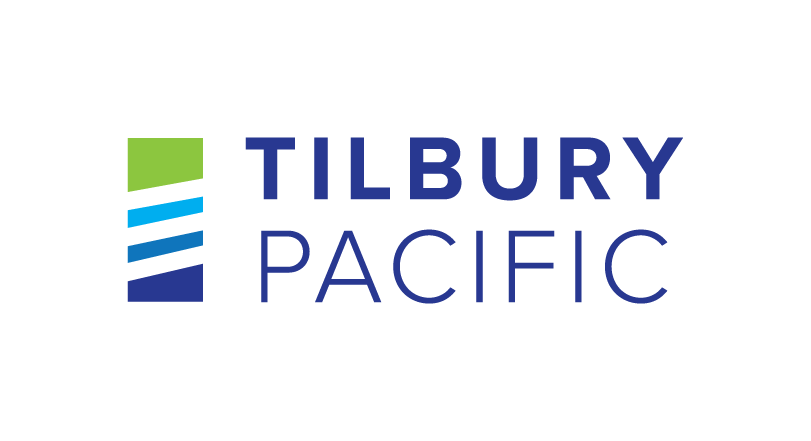Tilbury Jetty Ltd. Partnership is proposing to conduct a supplemental assessment of the Tilbury Marine Jetty to consider a scenario where bunker vessels could call at the jetty more frequently than currently considered in the environmental assessment.
The B.C. Environmental Assessment Office has extended the environmental assessment application review timeline to July 5, 2022 to allow Tilbury Jetty Ltd. Partnership to complete the supplemental assessment and allow time for engagement with Indigenous nations and stakeholders on the findings.
Since the Environmental Assessment process began in 2015, the liquefied natural gas (LNG) bunkering market has evolved supported by new policies and regulations to reduce the environmental impacts of marine shipping. For example, the B.C. government has committed to amending existing policies to reduce the carbon intensity of fuels used in the marine shipping sector. The International Maritime Organization has also adopted policies to improve air quality and made additional commitments to reduce GHG emissions in the marine shipping sector that encourage the use of LNG to reduce pollution relative to existing marine fuels.
As a result of these policies, demand for LNG as a marine fuel in the Port of Vancouver may increase beyond initial forecasts. As of 2021, LNG-fuelled vessels are approaching 30% of vessels on order by ship volume, according to industry coalition SEA-LNG.
Additionally, the LNG bunkering vessels that are in development to serve the Port of Vancouver are expected to be smaller than initial projections, which means there is the potential for up to one LNG vessel per day calling at the Tilbury Marine Jetty on average each year to meet market demand, including up to 68 LNG carrier calls. The anticipated bunker vessel size is smaller than many other vessels that regularly travel the Fraser.
Tilbury Jetty Ltd. Partnership values meaningful engagement and is seeking feedback from Indigenous Nations and stakeholders on this supplemental assessment. Please visit the website of the B.C. Environmental Assessment Office for more information on the EA process.

